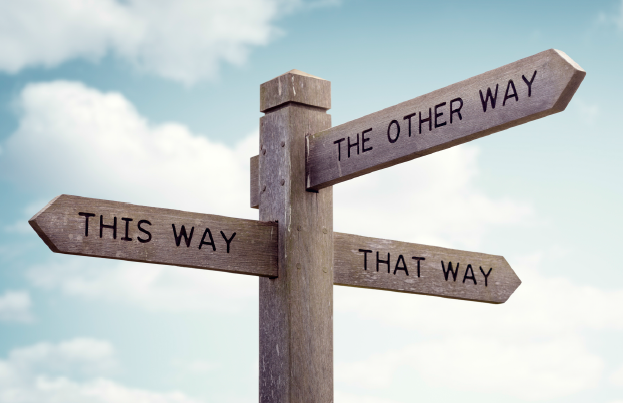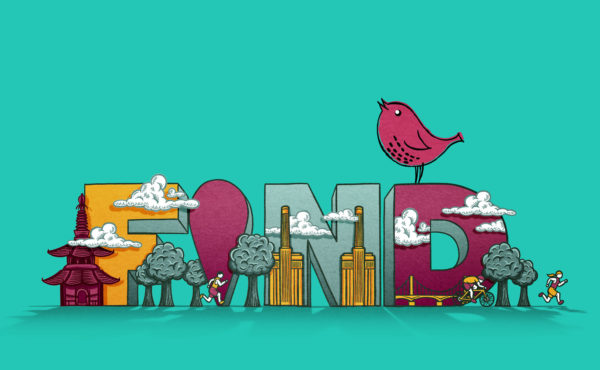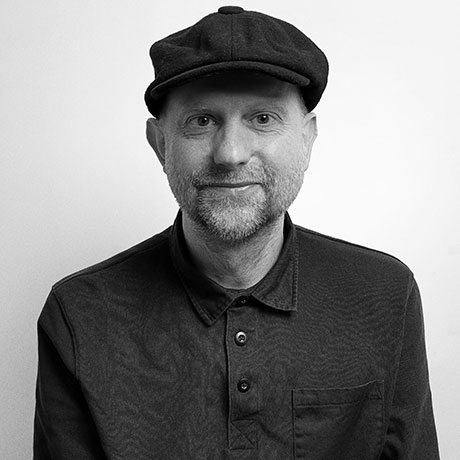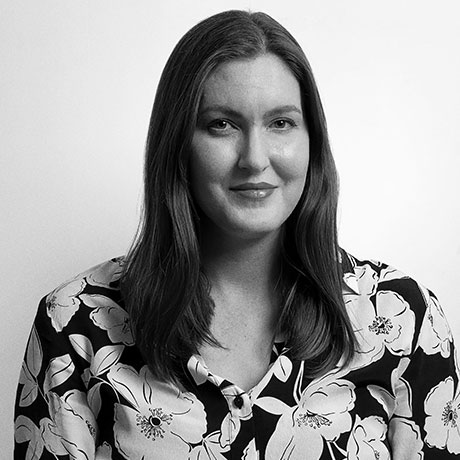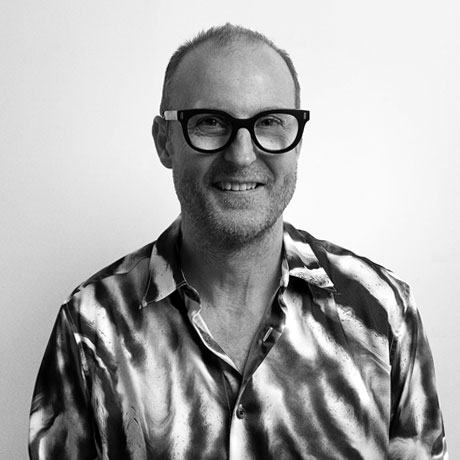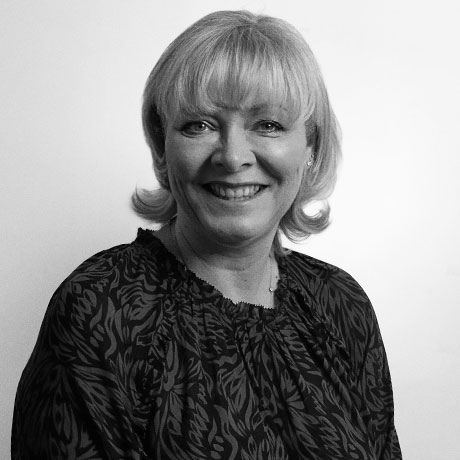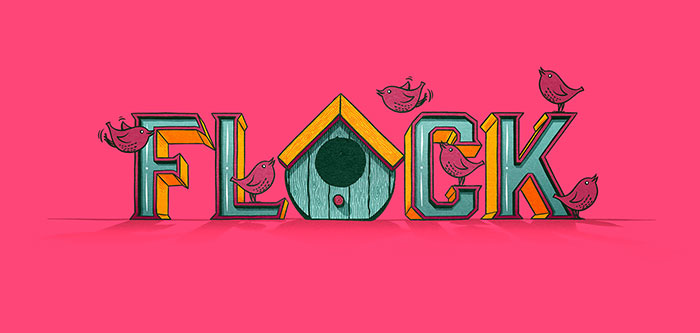Creating certainty in an uncertain world
by
On the 31st of January, Sarah and I attended the Hall & Partners event CREATING CERTAINTY. Author Richard Watson and an expert panel led the discussion on ‘Opportunities for brands to provide certainty in an uncertain world’.
The event
Meeting premise: Societal upheaval has heightened people’s feelings of uncertainty. What strategies should brands employ to help provide optimism and reassurance, and create a more certain future?
The author: Richard Watson, future-thinker and author of Future Files: A Brief History of the Next 50 Years, explored the diverse trends that are impacting the way the world is changing based on his mind map. The map captures mega trends and technologies and was developed to stimulate discussion about current events and the possible future trajectories.
The panel discussion on opportunities for brands to provide certainty in an
uncertain world was held by these high-profile client and agency experts:
- Tim Hulbert, Group Head of Brand & Insight at Barclays
- Meabh Quoirin, CEO of the Foresight Factory
- Grant Feller, Journalist and brand storyteller
- Lyn McGregor, Global Head of OpenMind (Hall & Partners’ brand strategy division)
What did I learn?
Giving myself the task of writing down my top five learnings from the talk, helped me focus in a way I hadn’t experienced before. Even when hit by a tsunami of information from a fast-talking futurist and a panel competing to be the most knowledgeable in the room.
The top five things I learnt
- Create your own future or be engulfed by someone else’s In this world of uncertainty, we can choose to create our own future by our everyday choices or sit back and let the future train hit us. I am now even more convinced to create my own future; to make choices based on my priorities and not be flattened by that train.
- Instability + information overload = anxiety and depression The impact of instability/change and being bombarded with information all day causes us to become anxious. There is evidence that this is fuelling our mental health instability.
- Trends and counter trends co-exist For each trend there is a counter trend which the panel believed demonstrated that we can love and embrace new trends/technology, but equally fear them. E.g. there’s a trend for iPod/digital music players to have covers that look like old cassette tapes.
- ‘Stone age people in a modern world’ There is lots of data that shows that humans want the same things, physically and psychologically, despite massive changes in technology and the way we live. Our fundamental needs stay the same. Not a new idea but really comforting to think that despite the changes that are still to happen we are unlikely to change fundamentally. Well at least in my lifetime.
- Brand power is a reality, how to use it is an option There is no denying that brands have real power and they can decide how they use it. Some brands do more than develop a good product:
- Dove have created a website and resources to help build the self-esteem of young people.
- Lush are working hard to go no-plastic with alternative formulations of their products like shampoo bars and jellies.
- Various retailers like TK Maxx and M&S are encouraging us to recycle our clothes with in store drop-off boxes.
We decide what we buy–and one way or another–help the brands build their power base. Do your brand choices reflect the future you want?
To end – I believe the future is bright for us
In a future when the basic functions of loads/most jobs will be done by AI, communications agencies will be the ones the fill in the skills gap – in creativity and service.
I don’t know about you, but that certainly gives me a warm, comforting feeling.
By Alison Squire, Client Services Director and Futurist in residence at Wordbird
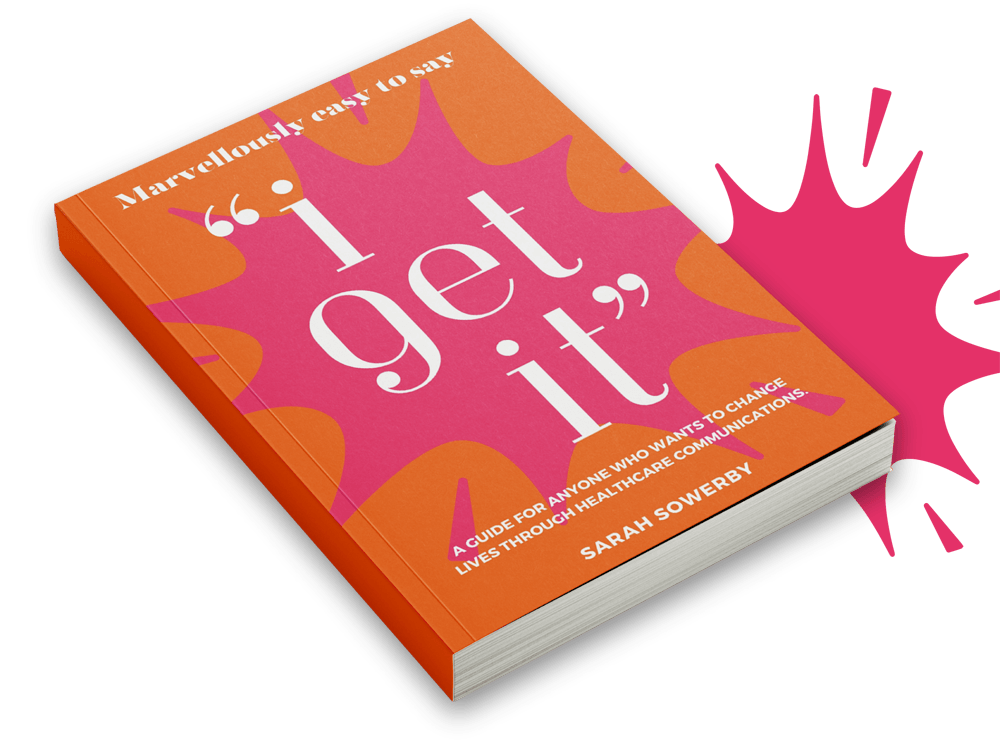


 Back
Back